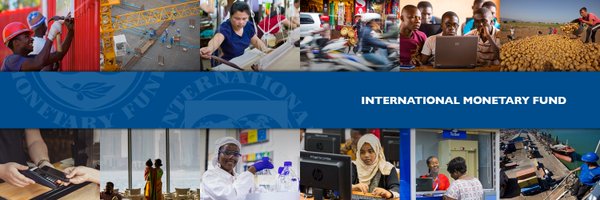 (AGENPARL) - Roma, 29 Luglio 2022
(AGENPARL) - Roma, 29 Luglio 2022(AGENPARL) – ven 29 luglio 2022 The latest IMF analysis of global economics, finance, development and policy issues shaping the world. []
[IMF Weekend Read]
Dear Colleague,
In today’s edition, we spotlight downgrades to the IMF’s outlook for global growth, Latin America’s public debt, Asia’s need for rate rises, the new economics of fertility, the looming food crisis, the Democratic Republic of Congo, how to mobilize private climate finance, and much more.
Global Economy
Why Countries Must Cooperate on Carbon Prices
(PHOTO: IMF)
–Global Downgrades: Under the baseline forecast, growth slows from last year’s 6.1 percent to 3.2 percent this year and 2.9 percent next year, downgrades of 0.4 and 0.7 percentage points from April. This reflects stalling growth in the world’s three largest economies—the United States, China and the euro area—with important consequences for the global outlook.
Despite slowing activity, global inflation has been revised up, in part due to rising food and energy prices. Inflation this year is anticipated to reach 6.6 percent in advanced economies and 9.5 percent in emerging market and developing economies—upward revisions of 0.9 and 0.8 percentage points respectively—and is projected to remain elevated longer.
Latin America and Caribbean
(PHOTO: FILIPEFRAZAO/ISTOCK BY GETTY IMAGES)
(PHOTO: DA-KUK/ISTOCK BY GETTY IMAGES)
(CREDIT: GERALT/PIXABAY)
There has been a fundamental economic transformation: in many high-income countries women now participate in the labor force for much of their lives, the authors write. The earlier pattern of a woman entering the labor market but dropping out following marriage and children is now the exception rather than the norm.
The compatibility of women’s careers and families is key. “Investing in gender equality—and especially the labor market prospects of potential mothers—may be cumbersome in the short run, but the medium- and long-term benefits will be sizable, for both the economy and society.”
Want to get a print copy delivered to your home or office?
—————————————————————
(PHOTO: FAO)
Inflation has pushed up prices for almost everything, but rising food costs could mean life or death for people in countries already struggling with conflict, economic downturns, and the effects of climate change. In a podcast, Maximo Torero Cullen, chief economist for the UN’s Food and Agriculture Organization, says wheat and fertilizer supply shortages have driven up prices and increased food import bills for the most vulnerable countries by more than $25 billion dollars.
(PHOTO: BENOIT DOPPAGNE BELGA/NEWSCOM)
MARK YOUR CALENDAR
WEEKLY ROUND-UP
—————————————————————
[profile]
Nick Owen
Editor
IMF Weekend Read
Thank you again very much for your interest in the Weekend Read! Be sure to let us know what issues and trends we should have on our radar.
Connect on Social

